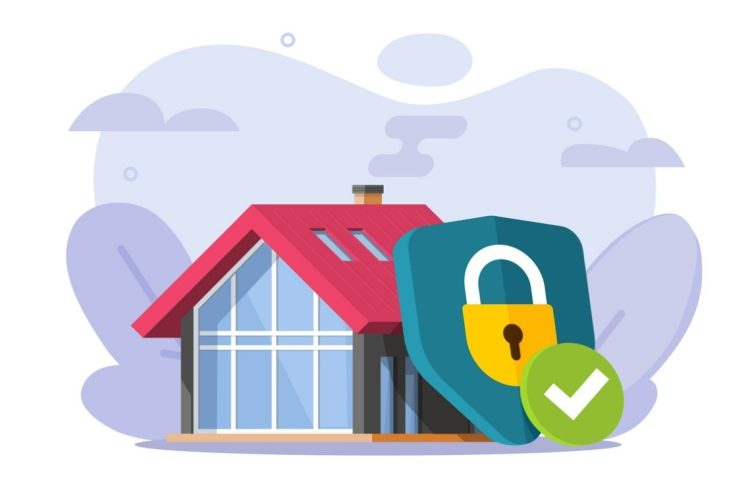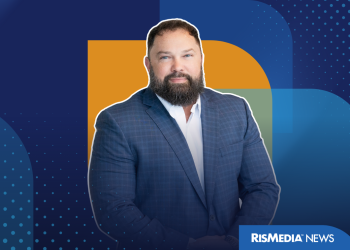Imagine people purchasing a home because they’re most impressed with the long, winding driveway. Or with the property’s surveillance cameras, or the strength of the gates surrounding it. Characteristics like the kitchen, square footage or number of bathrooms? All secondary to security.
Home security as a priority is not something you have to imagine—it’s already the reality, at least in upscale southern California towns. And on the other coast, specifically in New York City, it’s much the same, except with mostly co-op buildings the security must-haves include doormen and other safety measures. We asked real estate pros on both coasts how they handle security concerns from clients.
Ivan Sher is the founder of IS LUXURY, headquartered in Las Vegas with an office in Newport Beach, California.
Are security systems more a concern for personal safety or to guard against thieves?
IS: Both concerns matter, but personal safety is the top priority. For high-net-worth buyers, the primary concern is ensuring that their family and guests are protected from intrusion or unwanted contact. While theft prevention is important, the true driver behind systems like infrared sensors, internal motion detectors and app-based monitoring is the reassurance of safety. These tools provide peace of mind and allow for real-time control over access.
What about homes that don’t have these systems? Do prospective buyers plan to install them?
IS: In the upper price ranges, most properties already include advanced security infrastructure. When a home does not, prospective buyers almost always plan to install it immediately and often budget for the upgrade during negotiations. I’m also seeing more integrated technology that allows residents to check and manage their security directly from their phones. These tools provide peace of mind and allow for real-time control over access.
What can agents nationwide learn from how the well-heeled are protecting themselves?
IS: Security and privacy have become lifestyle features rather than afterthoughts. Luxury communities now invest in full security staff and underground facilities that provide discreet, around-the-clock protection for residents.
Agents representing high-end properties across the country can position security and privacy as core amenities on par with pools or fitness centers. They should highlight features that signal serious protection to affluent buyers, such as guard-gated entry, infrared sensors and internal motion detection, and be prepared to connect clients with vetted security consultants when a property does not already offer these systems.
In New York, Coldwell Banker Warburg agents Abigail Godfrey, Ashley Reidy Quinn and broker Jacob Wood told RISMedia what’s happening in the markets they serve security-wise these days.
How in-depth do you go with buyers about the security measures of properties you show them?
AG: It’s really case by case. Some buyers are comfortable with a doorman, while others prefer additional measures like a Ring camera outside their door. Townhouses will often have Ring cameras and additional window sensors. I also see added security cameras, especially in homes with high-end outdoor spaces.
JW:Vertical housing doesn’t carry the same break-in risks as a detached single-family home, since most NYC properties don’t have street-level access. Beyond a doorman and keycard entry, in-home security isn’t top-of-mind for most buyers here, even in the luxury sector. Doormen tend to serve more of a customer service role than a strict security role.
ARQ: We don’t typically have extended conversations about security with local buyers. Most are already educated on building types and their associated levels of security (doorman vs. non-doorman). Security becomes more of a topic when parents are purchasing or guaranteeing leases for their children.
What are the latest security devices?
AG: Ring cameras are everywhere. Townhomes may incorporate a virtual doorman system or hire private security, but that’s rare.
ARQ: If clients want the highest level of security, a full-time, 24-hour doorman is preferred. As with most things in NYC, costs vary. Full-time doorman buildings have higher monthly fees, and rental buildings with full-time staff command higher rents.
What can agents nationwide learn from how the well-heeled are protecting themselves?
AG: If buyers are investing in extra security measures, it reflects how important peace of mind is. People should feel safe at home, though not everyone can afford extensive private systems.
JW: New Yorkers, wealthy or not, tend to have a clear-eyed view of safety. Unlike suburban homeowners, they aren’t overly focused on paranoia about crime. Security is usually a smaller part of the decision-making process than some might expect.
ARQ: The best agents know their product thoroughly and guide clients toward properties that align with their goals. Security is part of the package, but not always the driving factor. Tailoring solutions to client needs is key.












